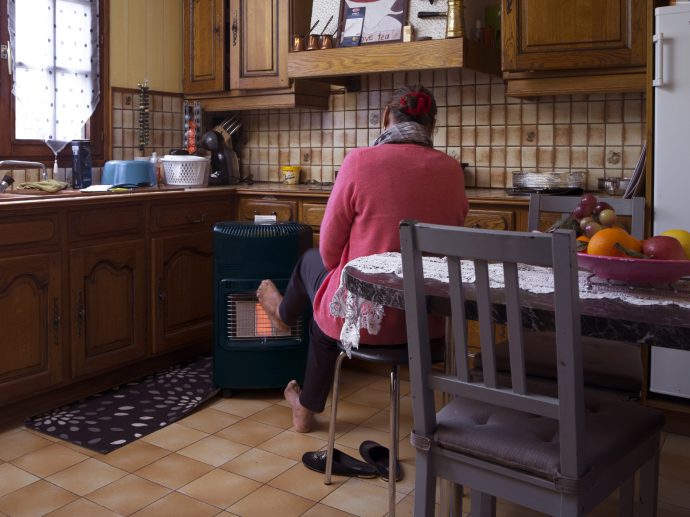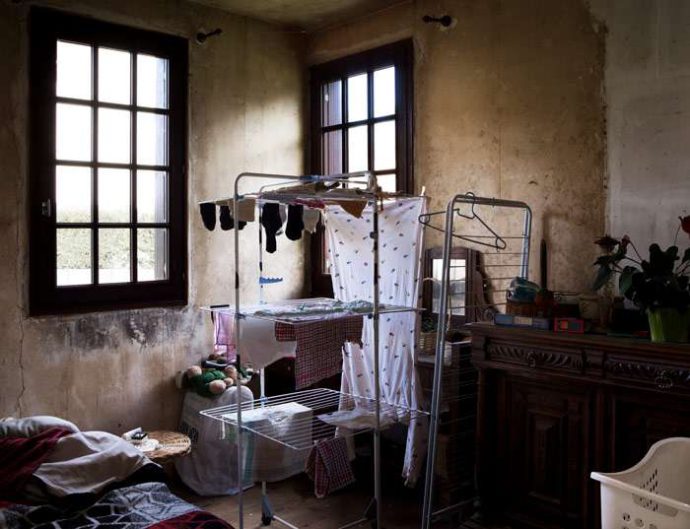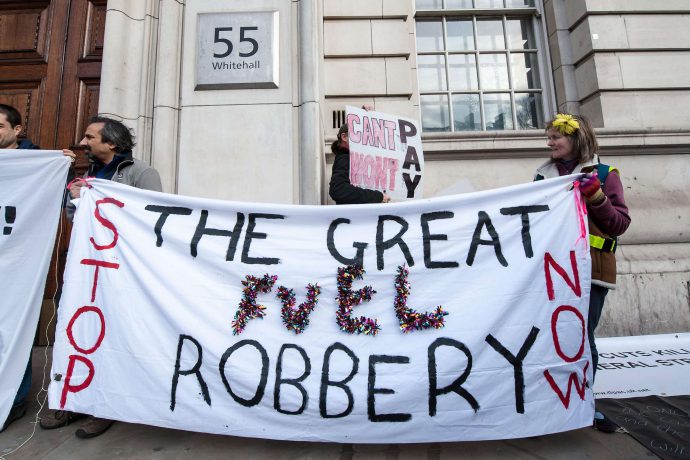About Energy Poverty
Our energy system isn’t working.
As fossil fuel continues to dominate our power supply and 75% of EU buildings are deemed energy inefficient, up to 1 in 4 households in the EU cannot afford to adequately heat, cool or light their homes.
Energy poverty rates have soared due to Covid-19 as individuals are stuck at home unable to pay energy bills, living in unhealthy housing or receiving disconnection notices. The most vulnerable continue to be the most affected by energy poverty: low-income families, single-parent households, the elderly and people of colour. This is why energy is a social justice issue.
Moreover, many energy-poor people are the ‘essential workers’, facing low pay and risk as they have to keep working during Covid-19 to keep essential services running. Lower-income households also pay proportionally more for energy.


Energy poverty is not easily determined by one indicator. It is frequently evaluated by unpaid energy bills per region, however it is often unseen and given little public attention. Nevertheless this issue causes severe consequences to people’s health such as physical and mental illnesses exacerbated by cold or high temperatures as well as stress. Energy poverty affects numerous policy areas such as health care and employment rates. An end to energy poverty would see an increase in well-being and physical health, less money spent by governments on healthcare, reduction in air pollution, improved household budgets and increased economic activity.
Energy is a basic human right: no one should have to choose between eating, lighting or warming one’s home. An end to energy poverty is vital for social justice and fighting the climate crisis. Access to energy can be a matter of life and death and it is a condition for living a dignified life.
More and more individuals and groups across Europe are rising up to demand energy justice and energy access for all.
Individuals, communities and organisations are standing up against unjust energy prices and leaky homes. There is a growing discontent in the face of unjust and unambitious climate policies that make the poorest pay the price for our wasteful and inefficient energy system. As young people and social movements mobilise to demand change, we are at a pivotal moment in time.
Coalition members have successfully campaigned to ban disconnections, implement free of charge renovations for energy poor households and include the energy poor as key players in the EU Green Deal. Additionally Right to Energy members have provided essential research on for a fair transition and how to secure the Right to Energy for all europeans.
However, there is still a long way to go.

Key facts and figures
15% of Europeans
In 2019, 15% of Europeans were living in homes with a leaking roof, damp walls, floors or foundation. This represents over 50 million people.
80 million people
Close to 80 million people in the EU were late or unable to pay their utility bills in 2019. This has exponentially increased during Covid19 as people are stuck in inefficient houses. This will only worsen during winter.
100,000
Up to 100,000 Europeans die each year as a result of a cold home.
1 in 10 Europeans
1 in 10 Europeans cannot properly warm their homes in the winter.
1 in 5
1 in 5 cannot properly cool their home in the summer
Doubled Costs
The share of income that low-income families dedicate to energy has doubled since 2000
1/3 Late on Payments
In Greece a third of the population was late on payments in 2018